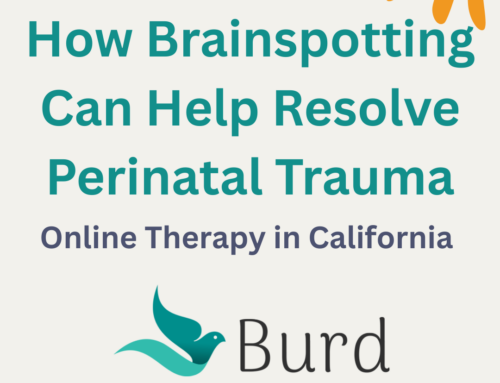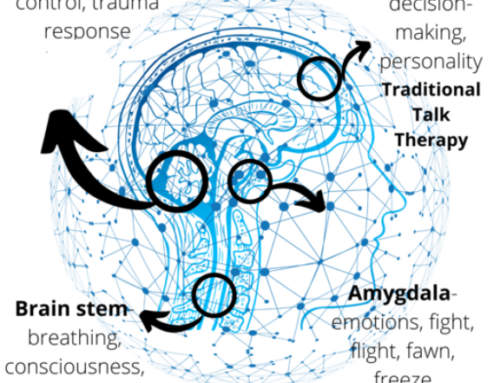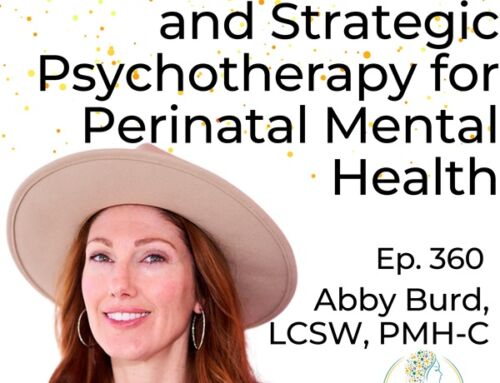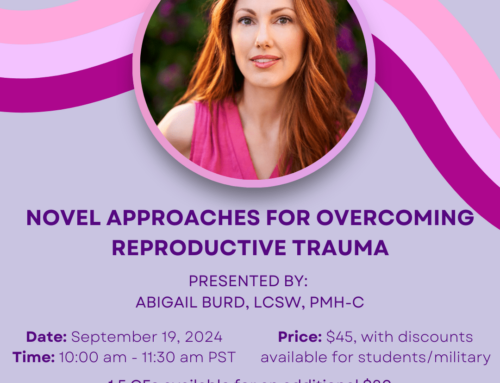I have found my New Year’s Resolution for 2015. I want to consciously avoid using my cell phone around my young children. Specifically, checking email, social media, and all those other things I do with my smart phone other than talk. My motivation is not fear of radiation. (Although I do have some concerns about radiation from cell phone use, especially around young brains, and have pre-ordered a SafeSleeve anti-radiation smart phone case.) My concern is being “checked out” and the pain it could cause my babies.
I recently watched a video of the 1975 “Still Face Experiment” by Dr. Edward Tronick. It was painful to see the baby’s distress at seeing her unresponsive mother. The mother is there physically, but is not responding emotionally or socially to the baby. Typically, the Still Face Experiment is used to caution about the negative effects of unattached parents who are suffering from depression. Postpartum Depression is one of the most common concerns I treat in my private practice, and I am always evaluating any risk of poor mom and baby attachment.
I saw this video yesterday during a Postpartum Health Alliance lecture in San Diego by Sara Cloostermans, LMFT, on “Parent-Child Attunement Skills for Moms Who Don’t Always Feel Good Enough,” my reaction was:
“Oh my god, that’s what we look like when we are staring at our phones.”
How often have you tried to communicate with someone and been frustrated when that person was looking at his or her phone? It is natural for us to notice it more in our partners or other people, than to be aware of ourselves. But these days we all almost all guilty of checking texts, email and social on our mobile devices.
Watch the video below and tell me if this mom doesn’t look like someone looking at their phone!
Breastfeeding a new baby for a third of the day, I fell into the habit of reading books on an iPad. When my first was young, I read the entire Outlander series. When I was nursing my second baby, my toddler made it hard to concentrate on books, but I did find myself checking Facebook. Often I checked baby, parenting and breastfeeding groups, so it seemed relevant. But once my baby was old enough to be aware, it was hard to break the habit.
The message of Sara’s lecture was to use a lot of positive reinforcement and encouragement. She coaches parents in how to respond positively to young children and models that in how she teaches them. Often times new moms are very critical of themselves. I hope by sharing my concerns about this topic I am not discouraging someone. Sara shared that parents are, on average, only attuned to their children 40% of the time. So if there are portions of the day when you are actively responding to and playing with your child, you are doing great!
All the same, I want to be mindful of my “screen time.” As someone who is self-employed, and sometimes works from home, it can be a challenge.
Sara shared, if you need to take a phone call or respond to an email, tell your child first.
“Mommy is going to be on the phone for five minutes. I know it may be hard to not have my attention. After I am done with the phone we can play a game together.”
One exception: if your child is acting out, or exhibiting a negative behavior you don’t want to reinforce, taking a phone break is a way to purposefully ignore your child for a few minutes. Again, talk to your child about what you are doing and why.
Here are some great websites for positive parenting:
And for more of my series inspired by the Postpartum Health Alliance lectures, click here.
Do you try to limit your phone use around your children? What do you find helpful or challenging? Please share in the comments.
About Abigail Burd, LCSW:
I am a mom to a one- and three-year-old as well as a professional who helps other parents. As a licensed psychotherapist in San Diego, CA, my special focus is on helping women of childbearing years with topics related to pregnancy, postpartum adjustment and parenting.







What are your thoughts?